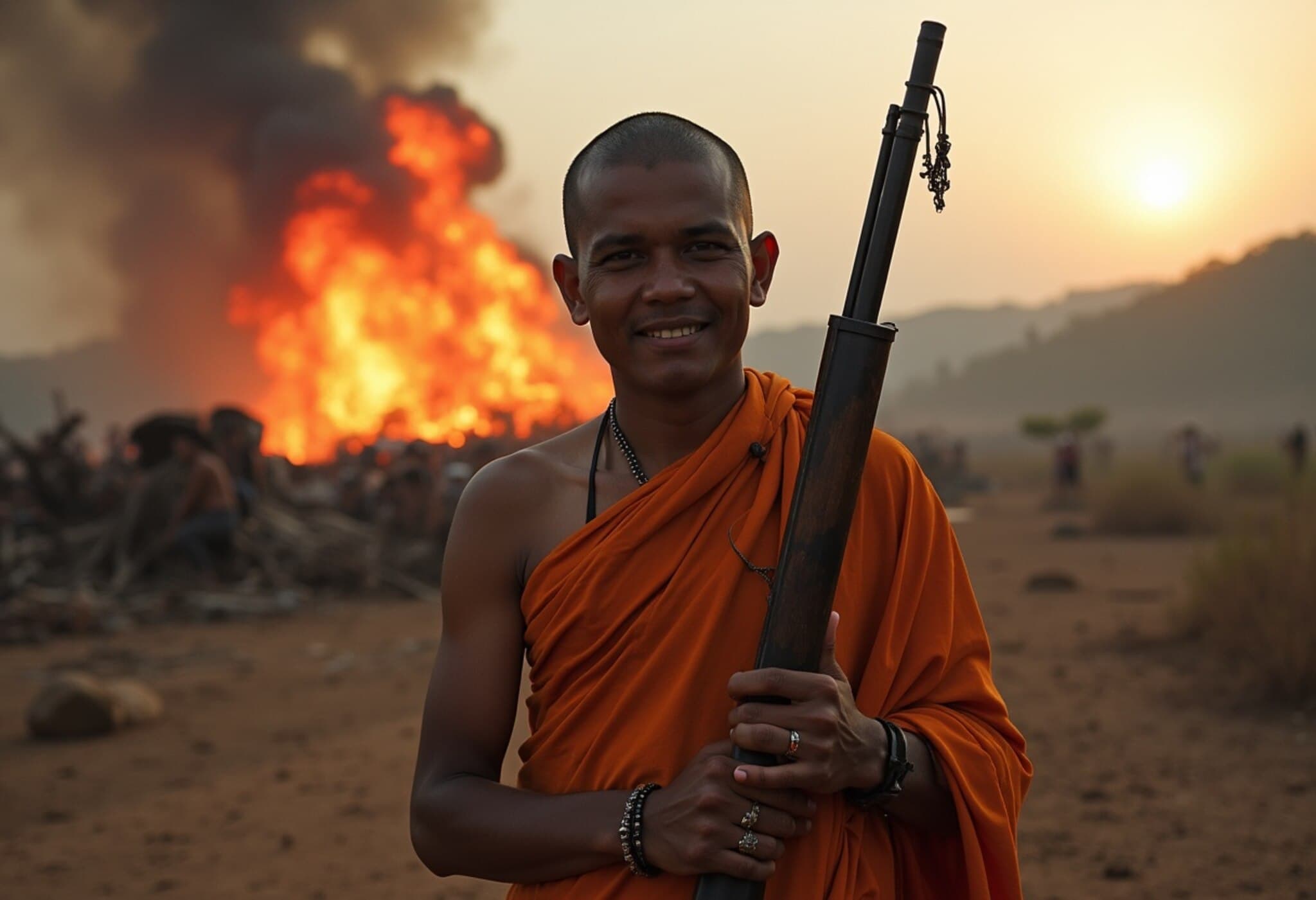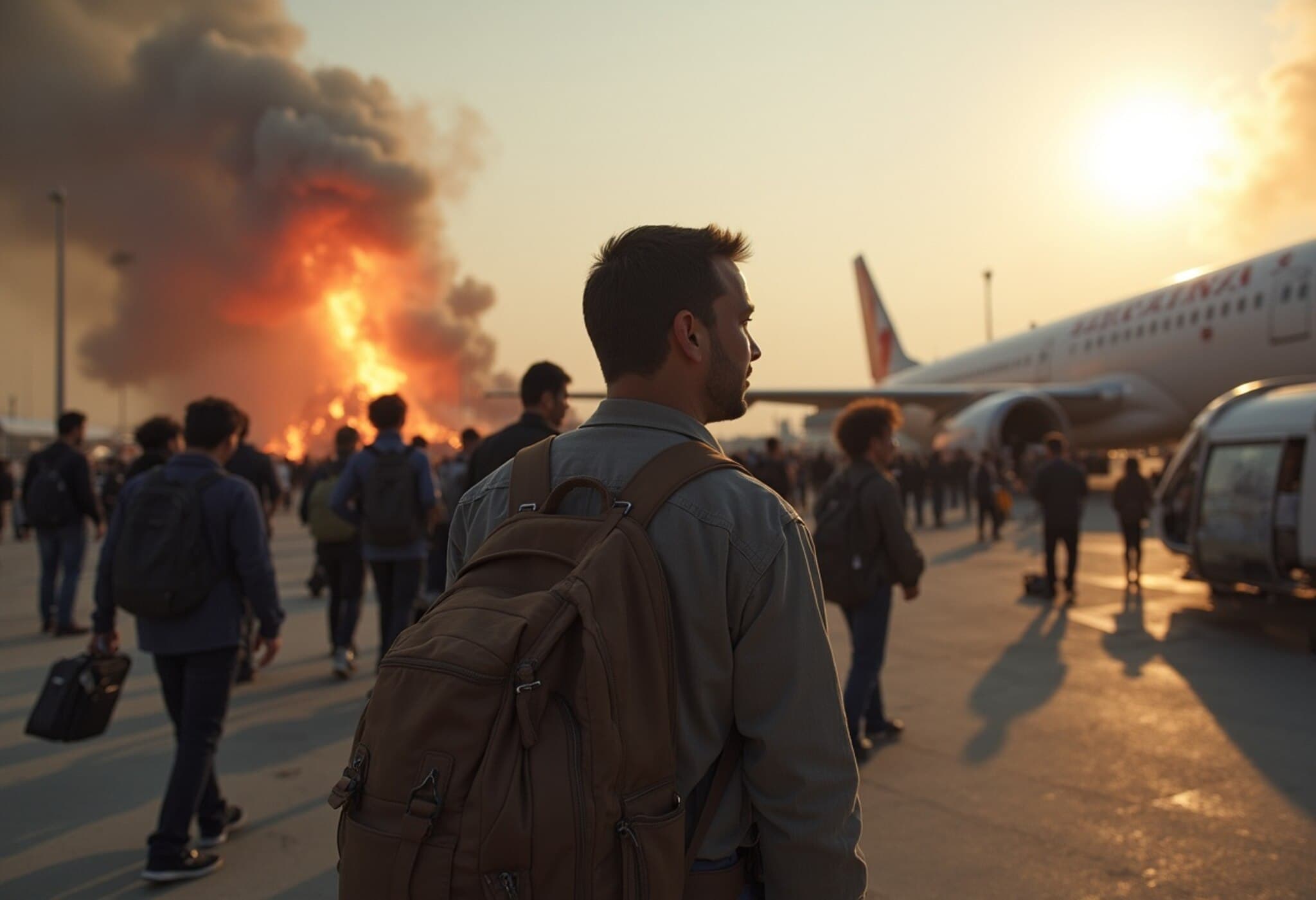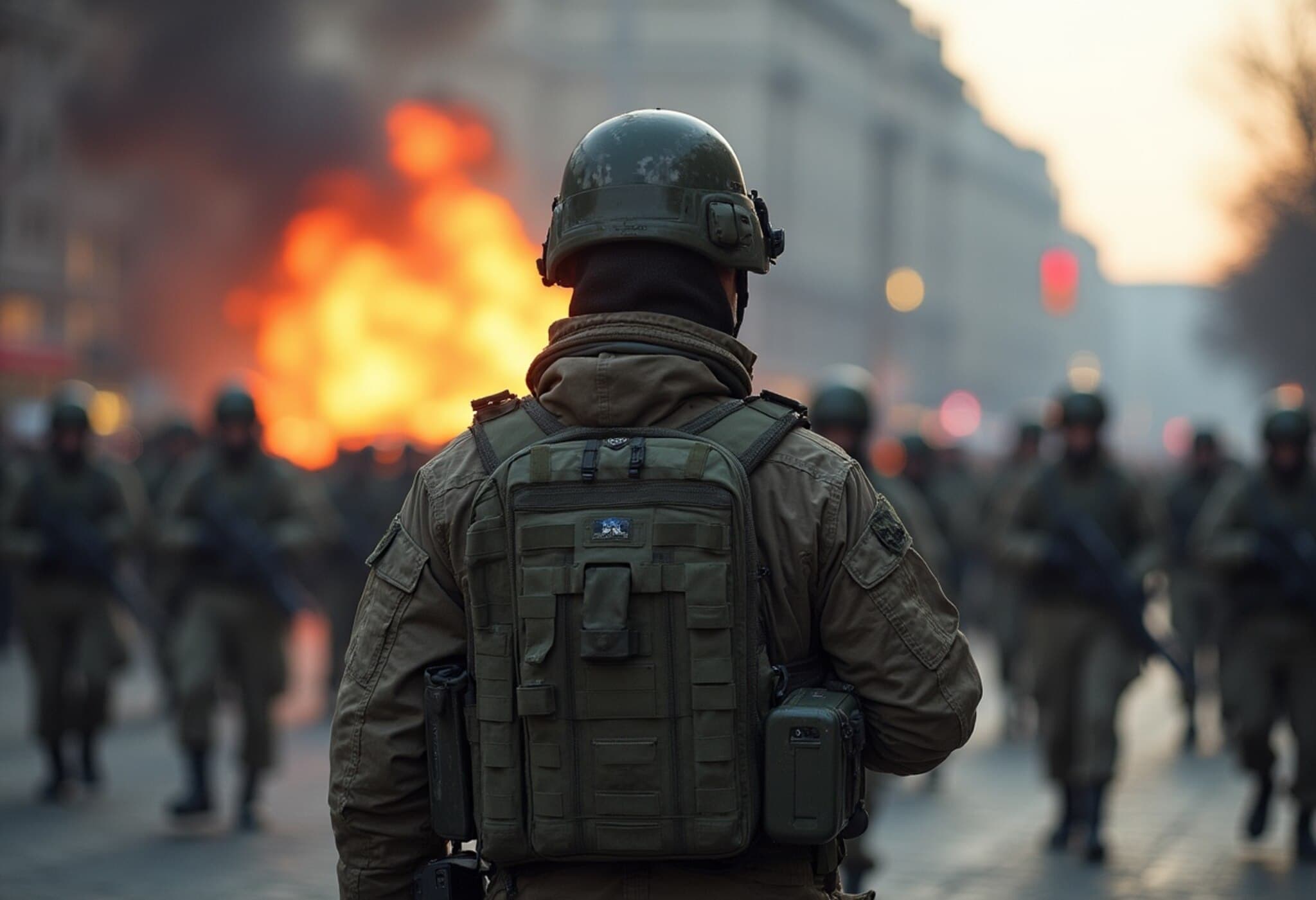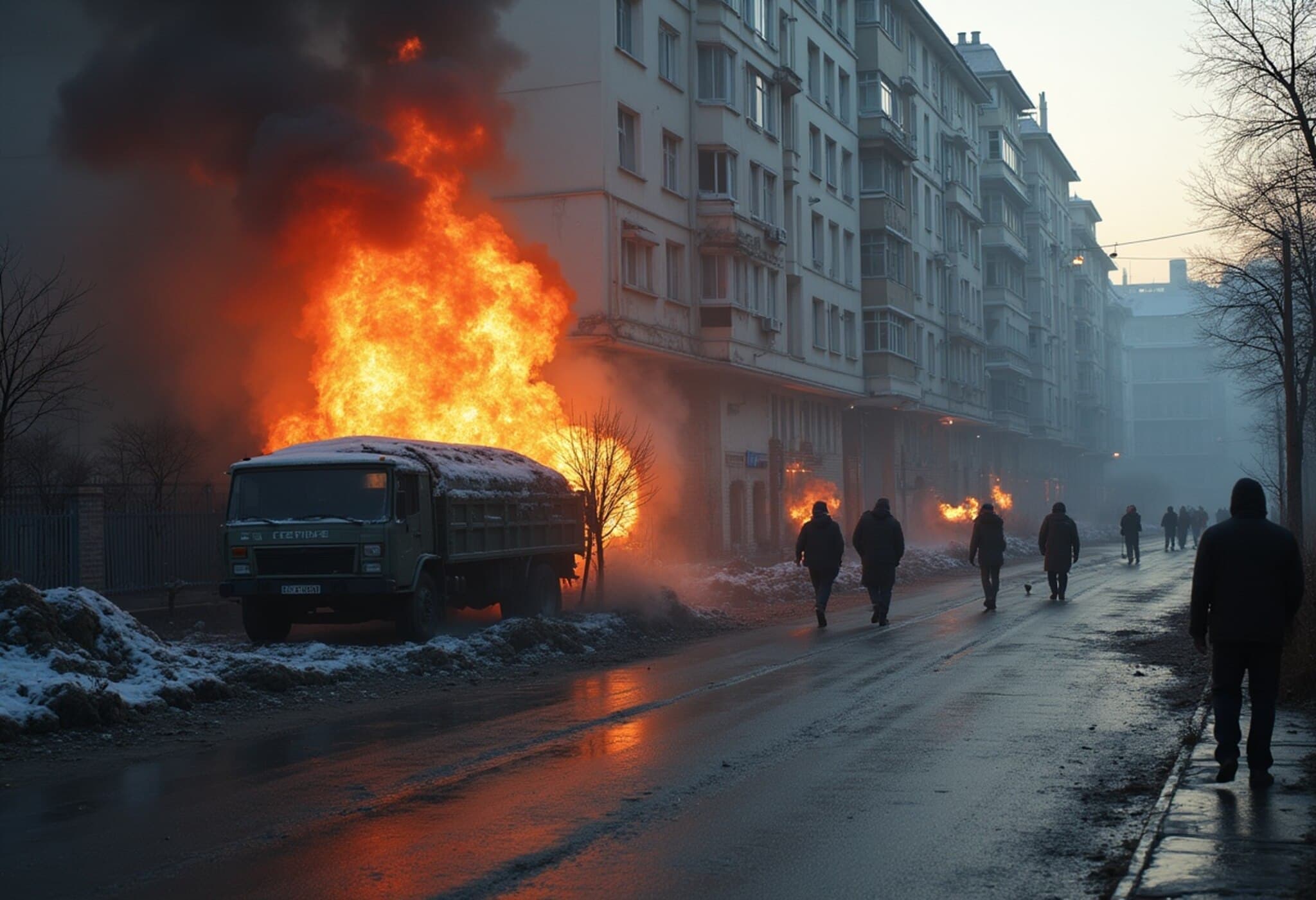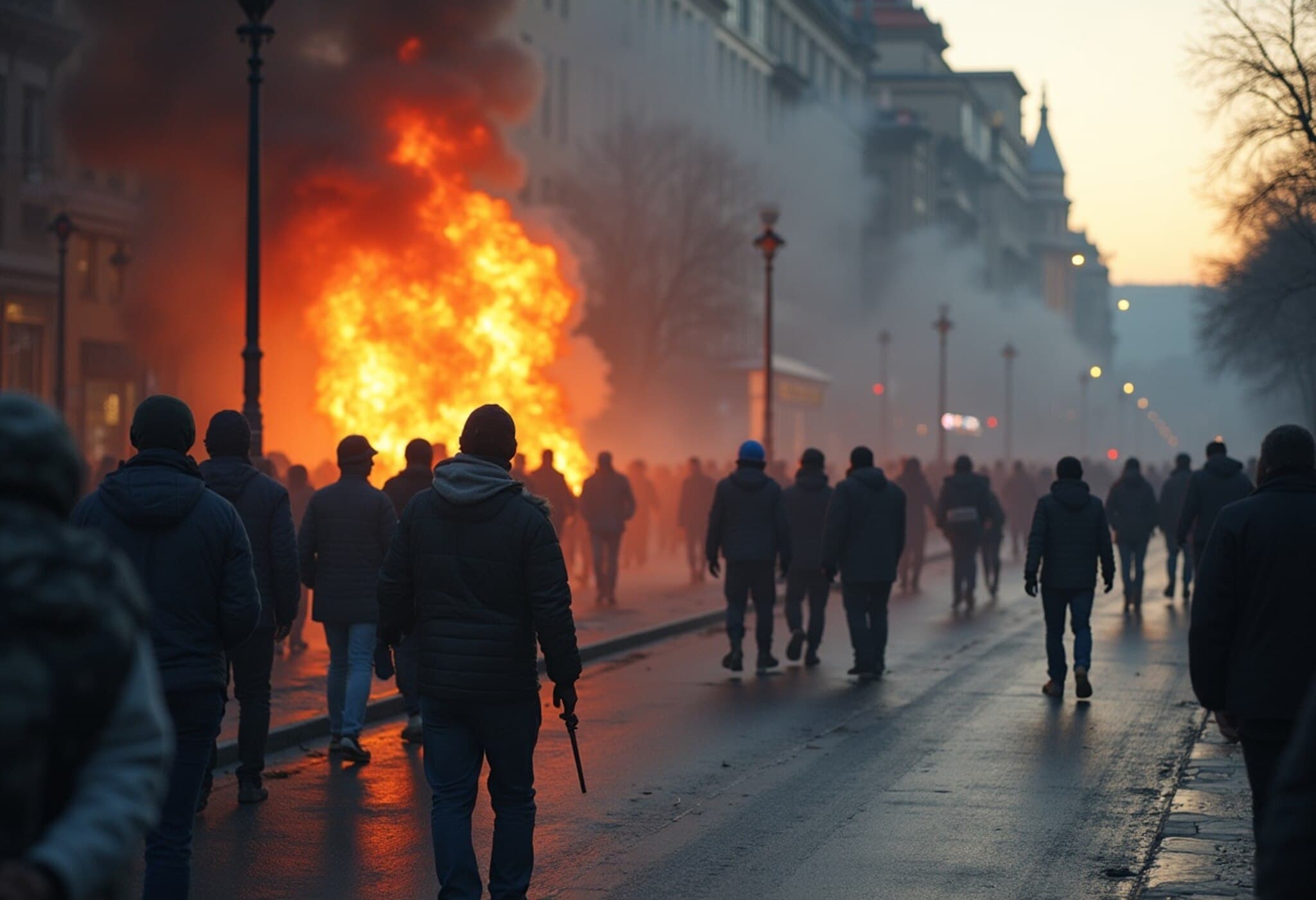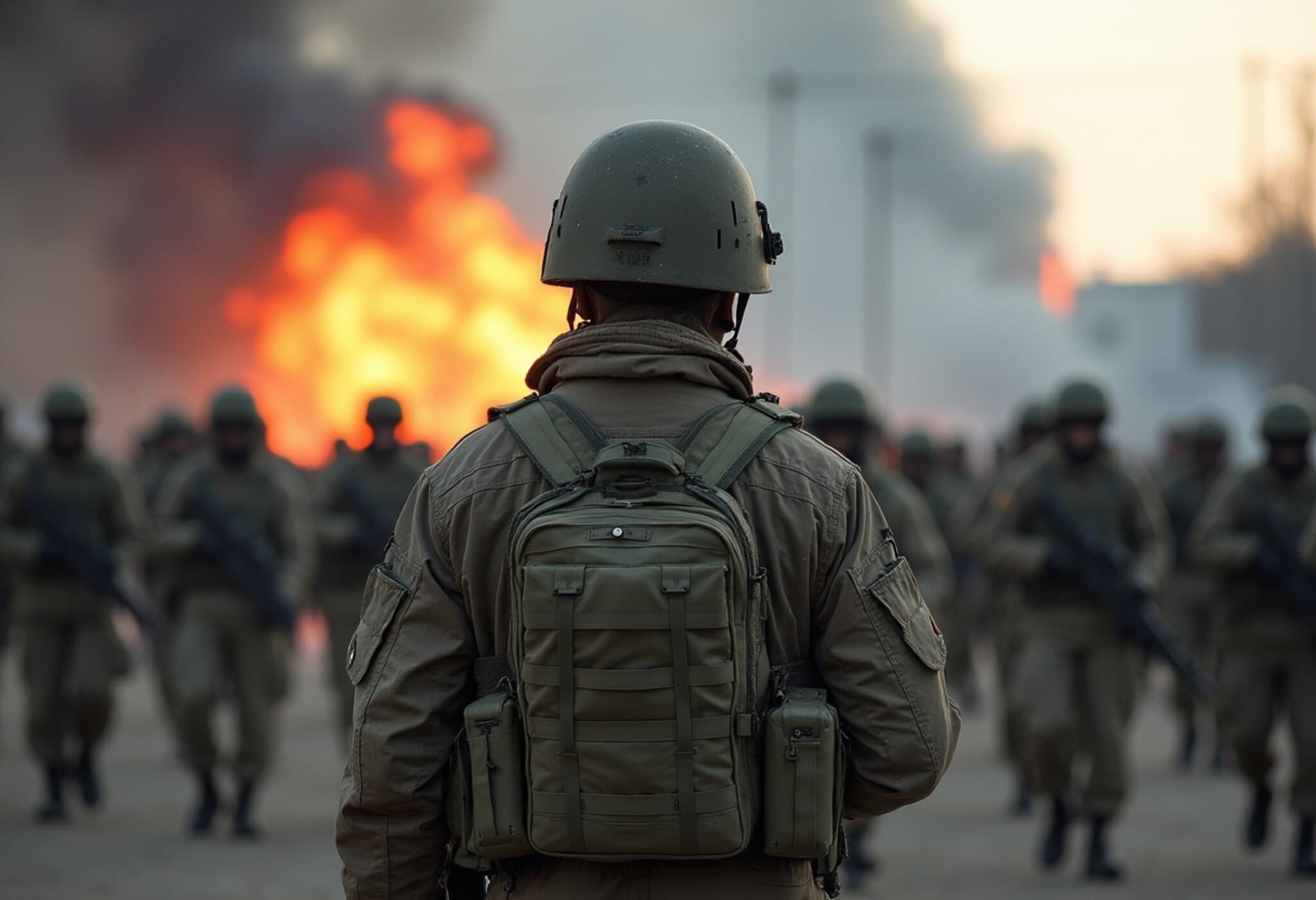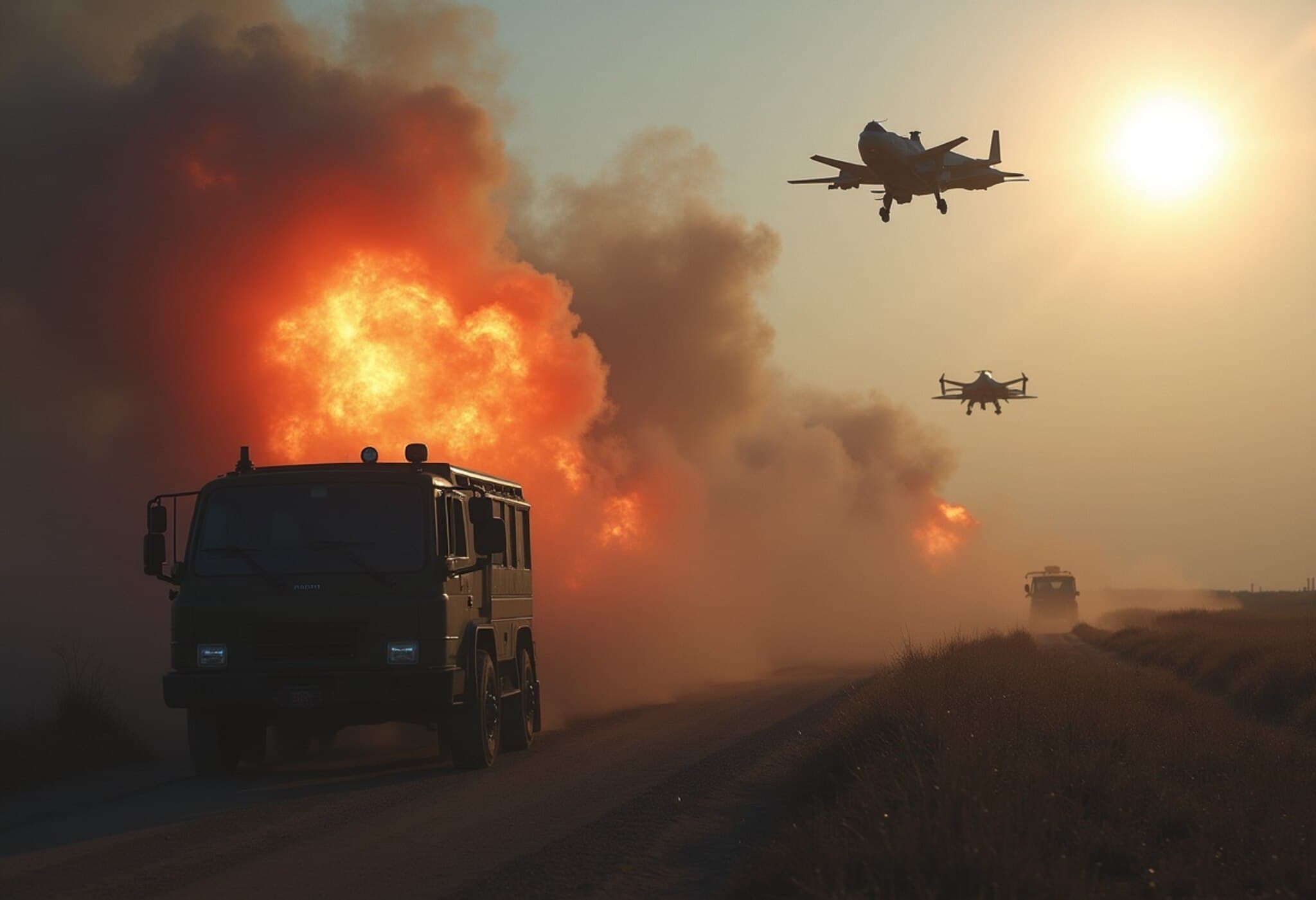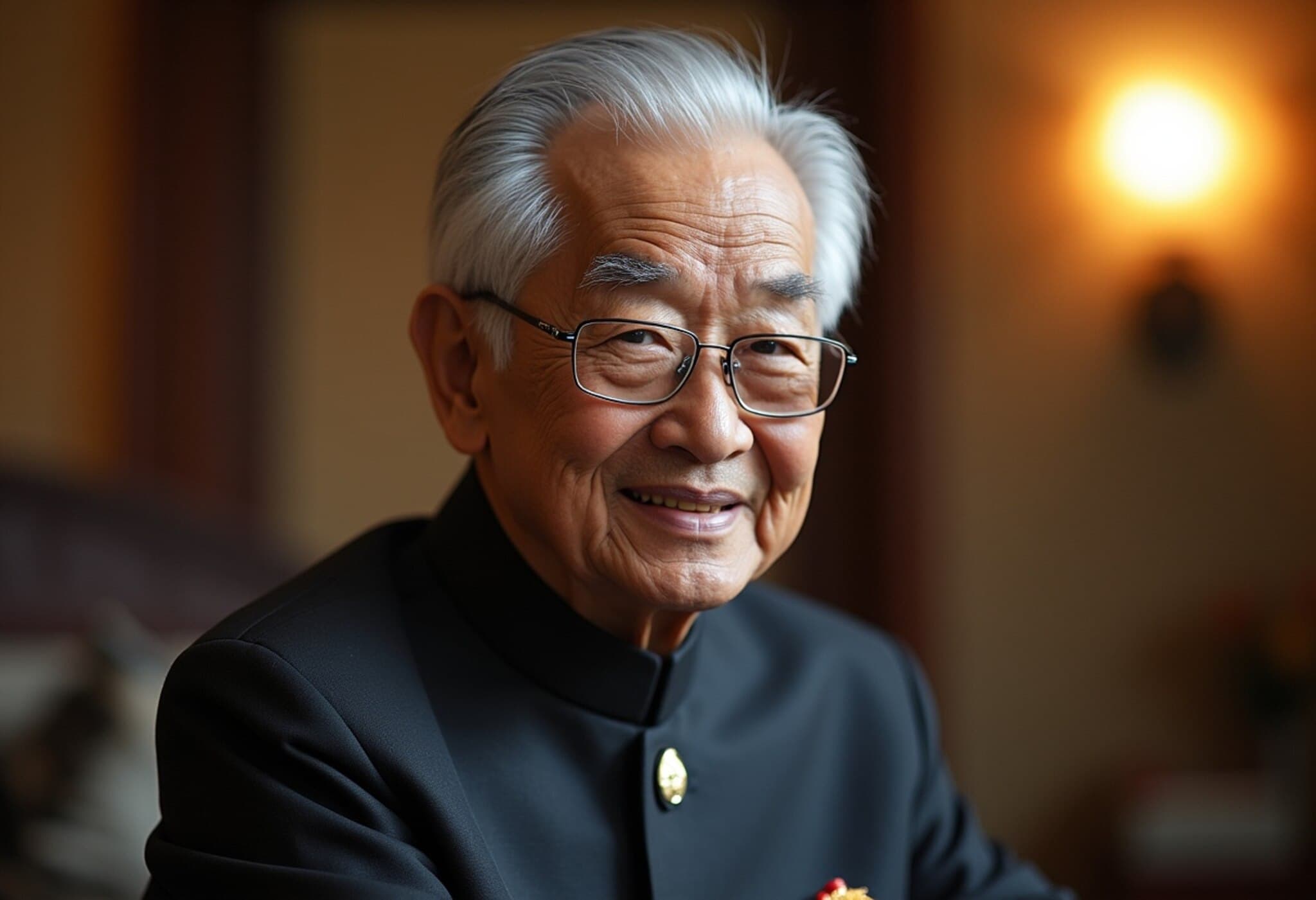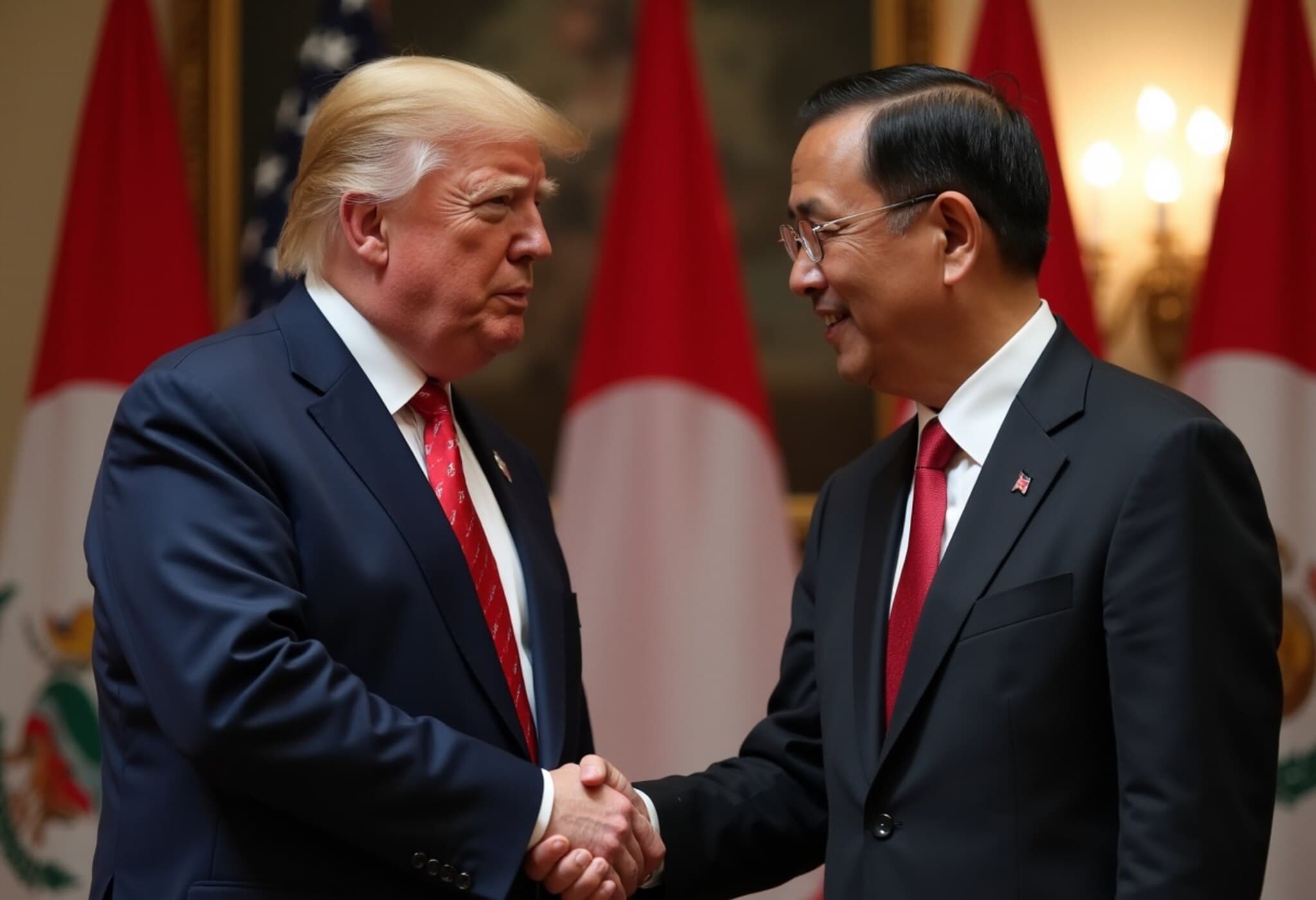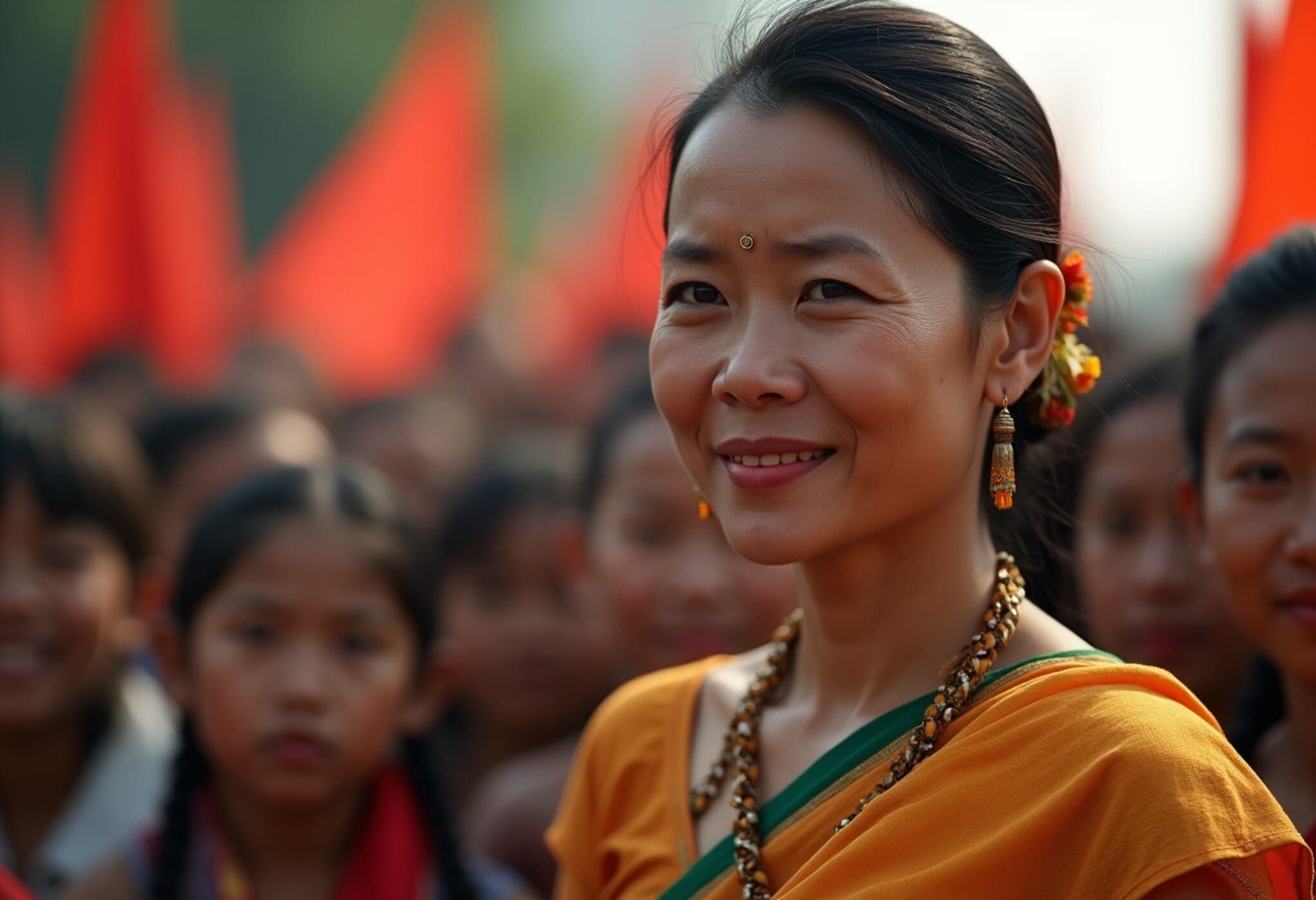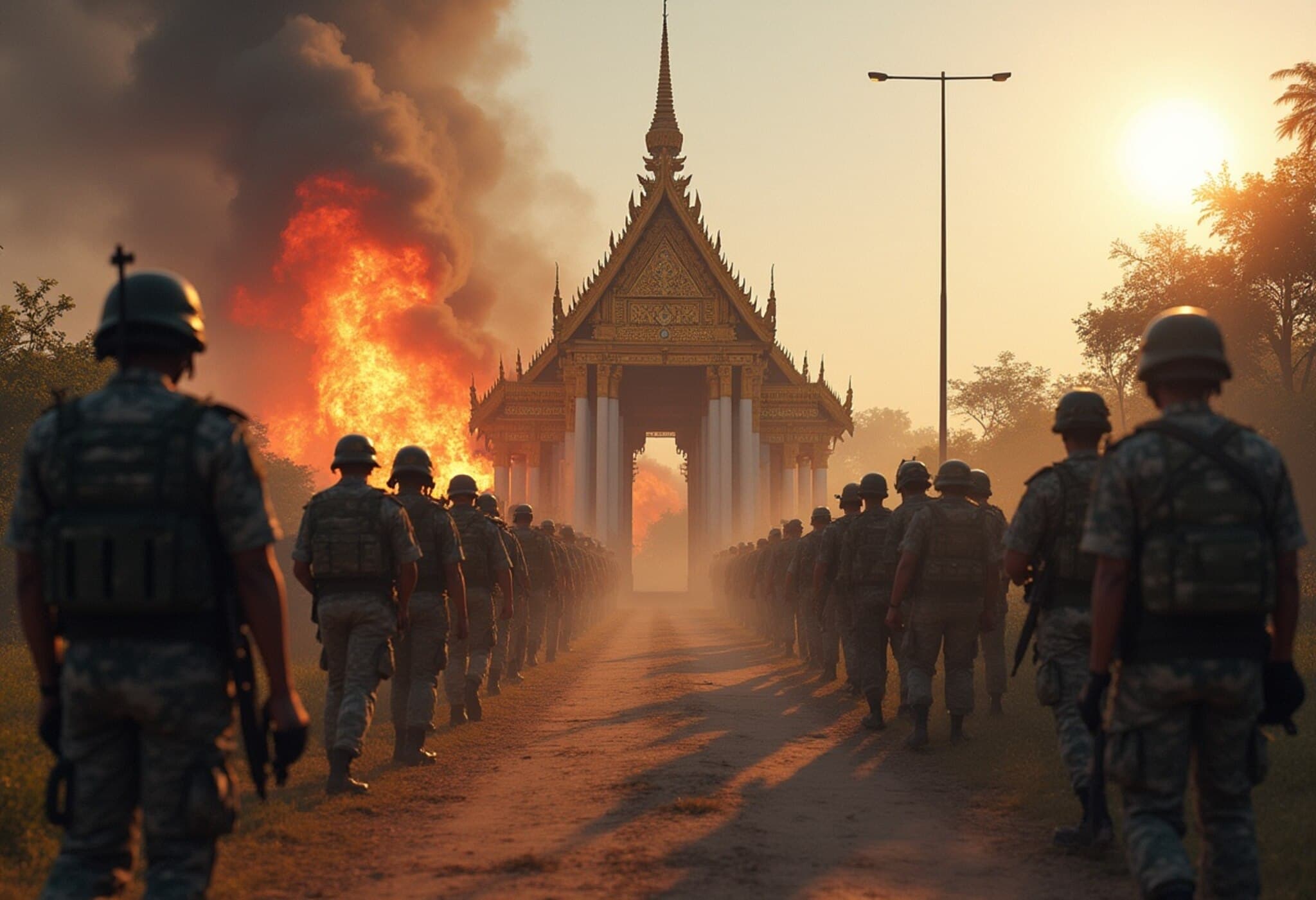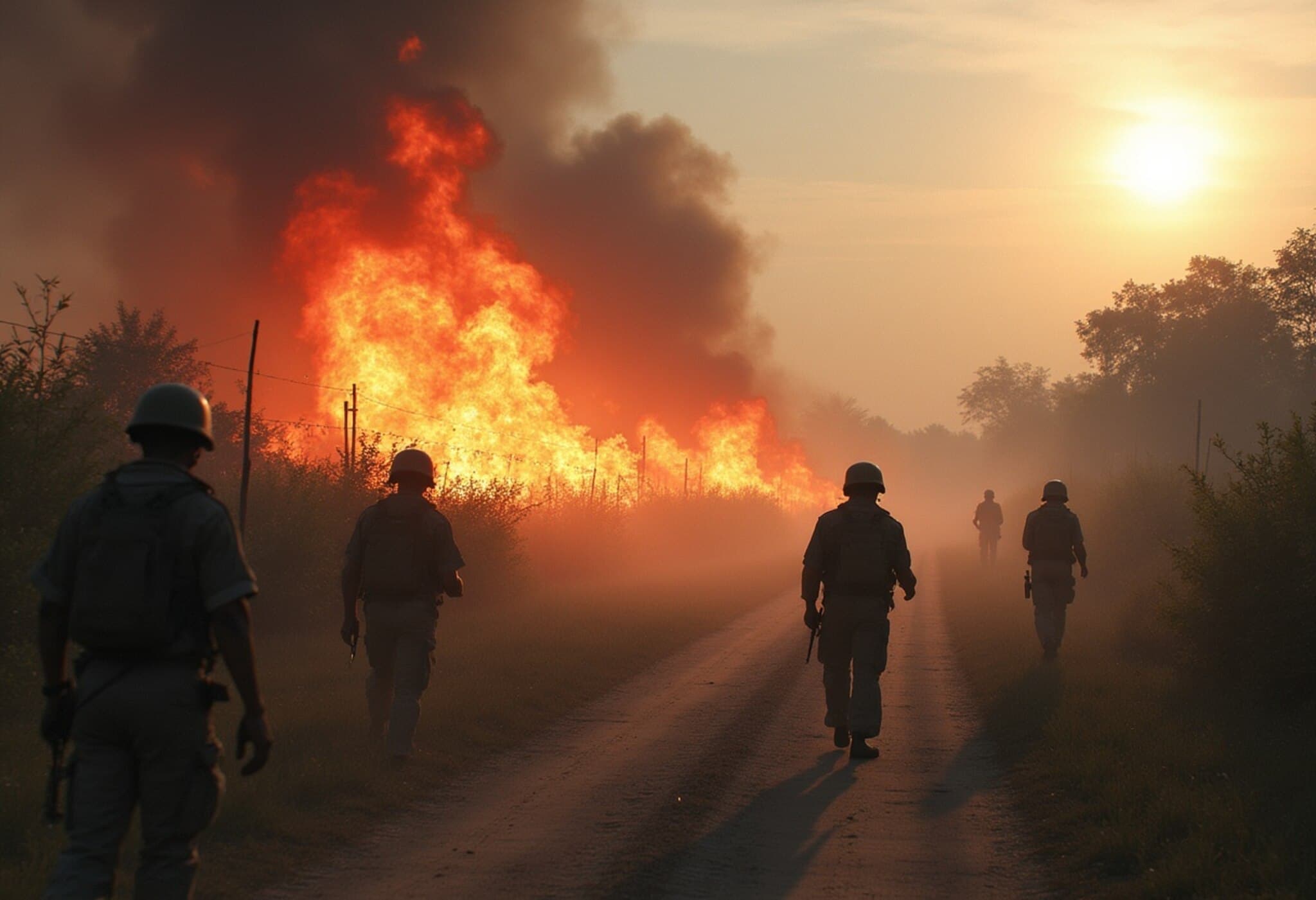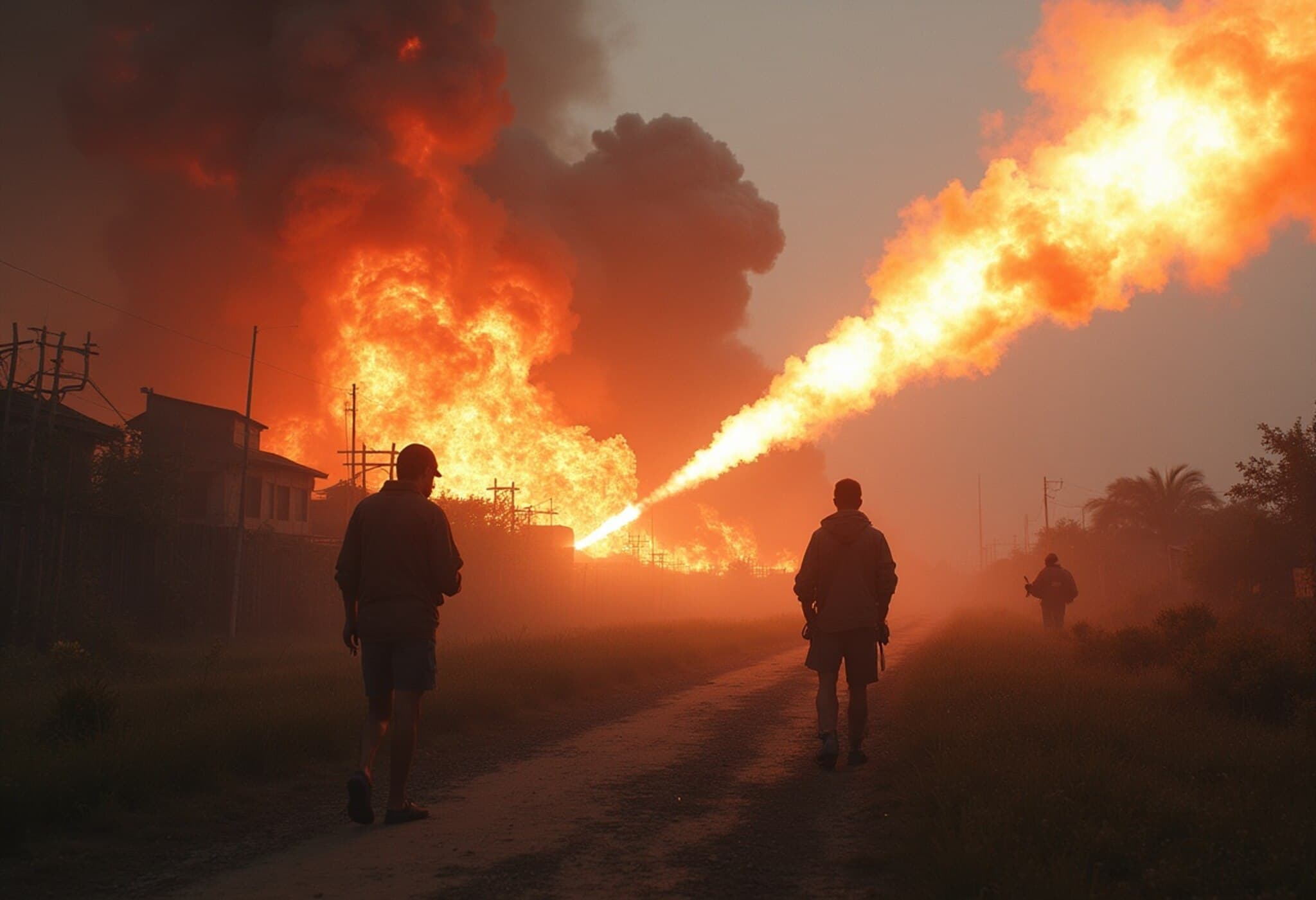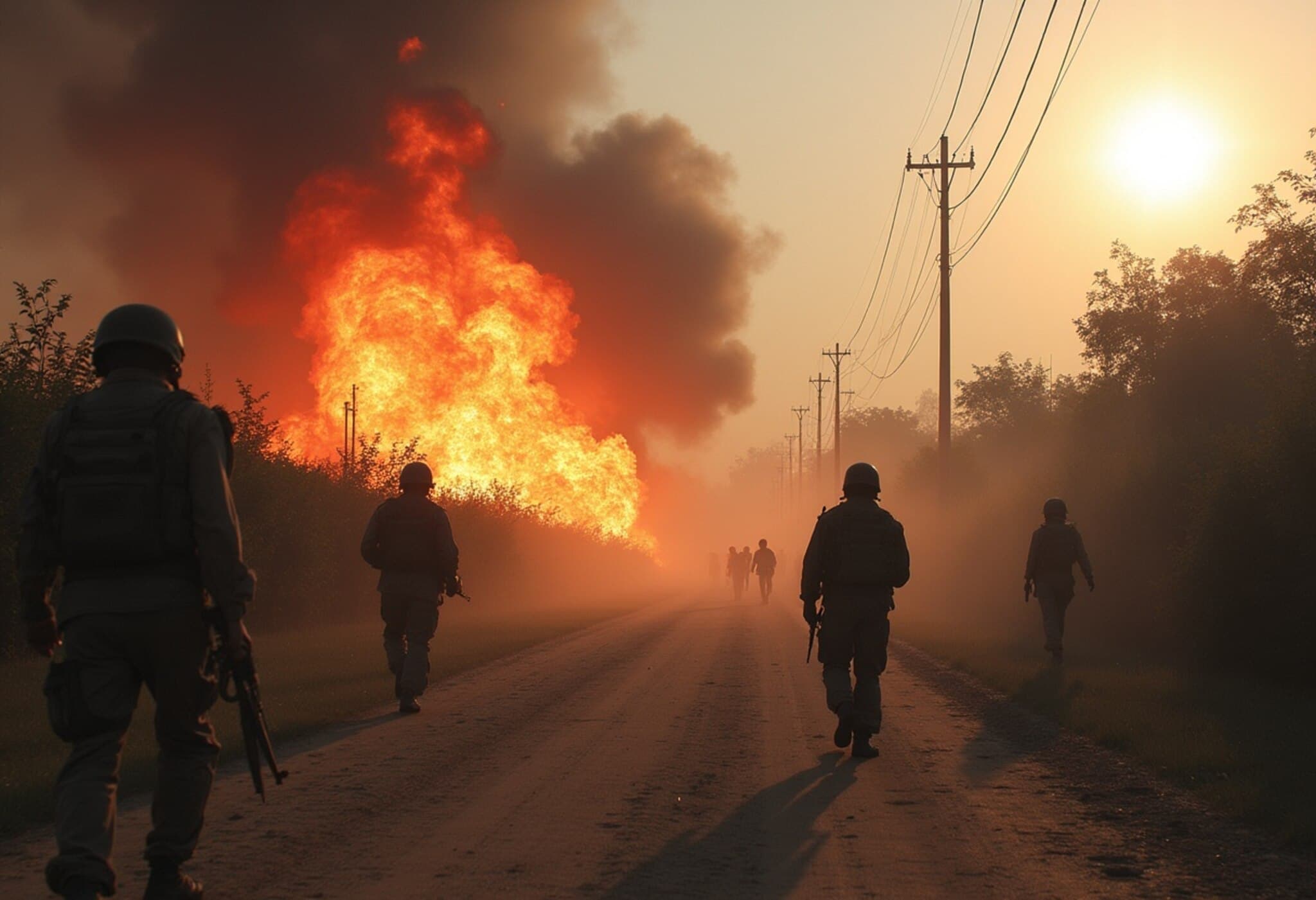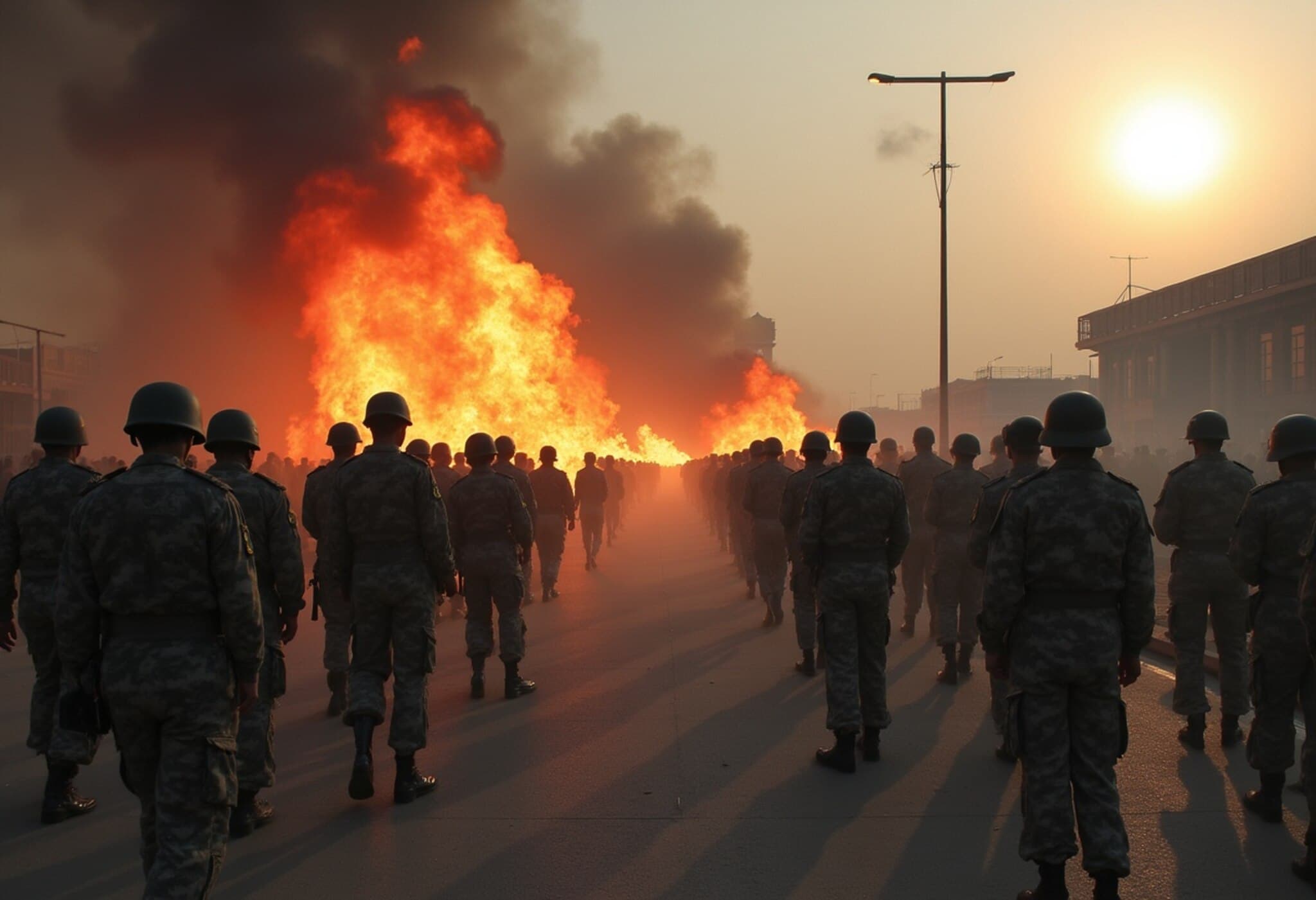Deadly Airstrike Targets Rebel-Held Mining Town in Myanmar
In the early hours of Saturday, a brutal airstrike carried out by Myanmar’s military junta struck the ruby-rich town of Mogok, killing 13 people, including a Buddhist monk and a child, according to local residents and representatives of armed opposition groups. This attack highlights the escalating violence in Myanmar amidst a protracted civil conflict that has plunged the country into turmoil since the military seized control in 2021.
A Fragile Conflict Intensifies Around Precious Stone Hubs
Mogok, often dubbed the “City of Rubies,” is a strategic mining hub vital for its gemstones and rare earth elements. These resources have become significant financial lifelines, funding both the junta’s military campaigns and the fragmented but resilient pro-democracy and ethnic armed resistance forces.
Since the 2021 coup, resistance groups including newly formed coalitions of pro-democracy fighters and long-established ethnic armed organisations have been fighting to reclaim territory. Their efforts saw a spike in late 2023 when they captured Mogok, marking one of their most significant victories.
Details of the Attack and Human Toll
The airstrike struck around 8:15 a.m. local time, hitting areas populated by civilians. A local resident, speaking on condition of anonymity for security reasons, reported that seven people were killed immediately, with six more succumbing later to injuries. The victims included a monk gathering alms in the street and a father and son traveling on a motorbike. A passing car was also hit, injuring seven people including the driver.
Lway Yay Oo, spokeswoman for the Ta’ang National Liberation Army (TNLA) which controls Mogok, confirmed the death toll and noted 14 people were wounded. “It happened in a crowded public area during the morning, so many innocent people lost their lives,” she said.
Military Retaliation and Wider Implications
The junta’s offensives have seen mixed results. After facing setbacks from rebel advances, the military imposed conscription to bolster its ranks and recently retook key areas such as the gold mining town of Thabeikkyin following a grueling year-long struggle.
Despite the junta’s announcement ending the state of emergency and promising elections in December, skepticism runs high both inside Myanmar and internationally. The main opposition, including ousted lawmakers and civil groups, is boycotting the polls. The United Nations’ special rapporteur called the elections a “fraud” aimed at legitimizing military rule.
Expert Analysis: What This Means for Myanmar’s Future
The recent airstrike underscores the tragic toll on civilians caught in Myanmar’s relentless conflict over resources and power. Mining towns like Mogok are more than economic centers; they are battlegrounds where local populations endure disproportionate suffering.
From a policy perspective, this raises urgent questions about international engagement. How can regional powers and the global community effectively support peace without inadvertently prolonging conflict? Moreover, the exploitation of Myanmar’s rare earth elements and precious stones draws attention to the opaque supply chains linking local violence to global markets, especially in China.
The human stories — of monks, children, families — remind us that beyond geopolitics lie everyday lives shattered by violence. Developing nuanced, grounded responses that protect civilians and promote genuine dialogue remains a daunting but essential challenge.
Key Takeaways
- 13 people killed including a child and Buddhist monk in recent Myanmar junta airstrike.
- Mogok, a ruby mining town, has been under rebel control since late 2023.
- Violence linked to competition over precious stone resources fueling Myanmar’s prolonged civil war.
- Military junta is preparing for December elections amid widespread opposition boycott and international skepticism.
- The attack highlights the desperate humanitarian cost borne by civilians in contested areas.
Editor’s Note
The tragedy in Mogok vividly illustrates how Myanmar’s internal conflict intertwines with economic interests and ethnic struggles. As international audiences, it’s critical to look beyond headlines and understand the complex interplay between resource control and human rights abuses. What pathways exist to break this cycle? How can global consumers ensure their demand for precious stones and rare earths doesn’t perpetuate violence? These are urgent questions that policymakers and citizens alike must confront as Myanmar’s crisis deepens.

